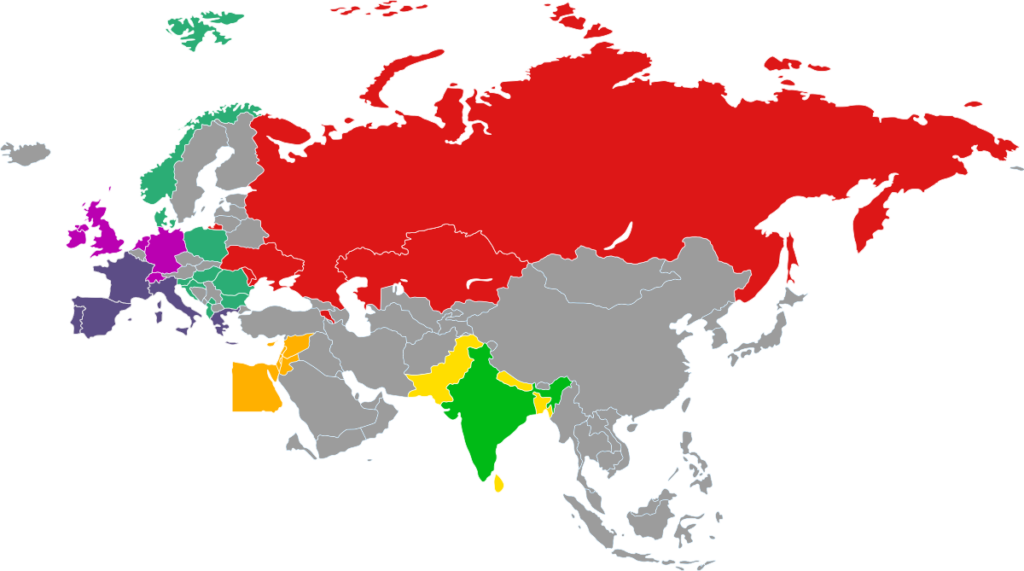
We are a Christian protestant church in the Wesleyan tradition.

Holiness
It is written in the Bible (Leviticus 11:44). God says, “Be holy, because I am holy.” Holiness is expected from every believer. Holiness means entire sanctification. Every human being, as a believer, is expected to be set apart from sin. It is then that we can reflect the image of God. You must be holy because I, the LORD your God, am holy.” Leviticus 19:2

Missional
Mission is the very heartbeat of God and one of the primary purposes of his church. For every believer, the call to follow Jesus is also a call to mission. All of us are called-some to the end of our street and others to the ends of the earth. Mission is not changing the religion but changing the heart of a person to be closer to God
Organizational
The Church of the Nazarene is the largest denomination in the classical Wesleyan-Holiness tradition. The doctrine that distinguishes the Church of the Nazarene and other Wesleyan denominations from most other Christian denominations is that of entire sanctification.

Eurasia Region
The Eurasia Region Church of the Nazarene is one of the six regions in the Church of the Nazarene global denomination. Founded in 1908, the denomination is the largest in the classical Weslyan-Holiness tradition, with 2.3 million members, in 29.000 churches, sharing Christ’s love with their communities in 159 areas. Visit the Eurasia Region website
A Global Church
As a global community of faith, we are commissioned to take the Good News of life in Jesus Christ to people everywhere and to spread the message of scriptural holiness across the lands. Visit the Church of the Nazarene website.
Church History
n 1908 there were churches in Canada and organized work in India, Cape Verde, and Japan, soon followed by work in Africa, Mexico, and China. The 1915 mergers added congregations in the British Isles and work in Cuba, Central America, and South America. There were congregations in Syria and Palestine by 1922. As General Superintendent H. F. Reynolds advocated “a mission to the world,” support for world evangelization became a distinguishing characteristic of Nazarene life. New technologies were utilized. The church began producing the “Showers of Blessing” radio program in the 1940s, followed by the Spanish broadcast “La Hora Nazarena” and later by broadcasts in other languages. Indigenous holiness churches in Australia and Italy united in the 1940s, others in Canada and Great Britain in the 1950s, and one in Nigeria in 1988.
As the church grew culturally and linguistically diverse, it committed itself in 1980 to internationalization-a deliberate policy of being one church of congregations and districts worldwide, rather than splitting into national churches like earlier Protestant denominations. By the 2001 General Assembly, 42 percent of delegates spoke English as their second language or did not speak it at all. Today 65 percent of Nazarenes and over 80 percent of the church’s 439 districts are outside the United States. An early system of colleges in North America and the British Isles has become a global network of institutions. Nazarenes support 14 liberal arts institutions in Africa, Brazil, Canada, Caribbean, Korea, and the United States, as well as five graduate seminaries, 31 undergraduate Bible/theological colleges, 2 nurses training colleges, and one education college worldwide.
